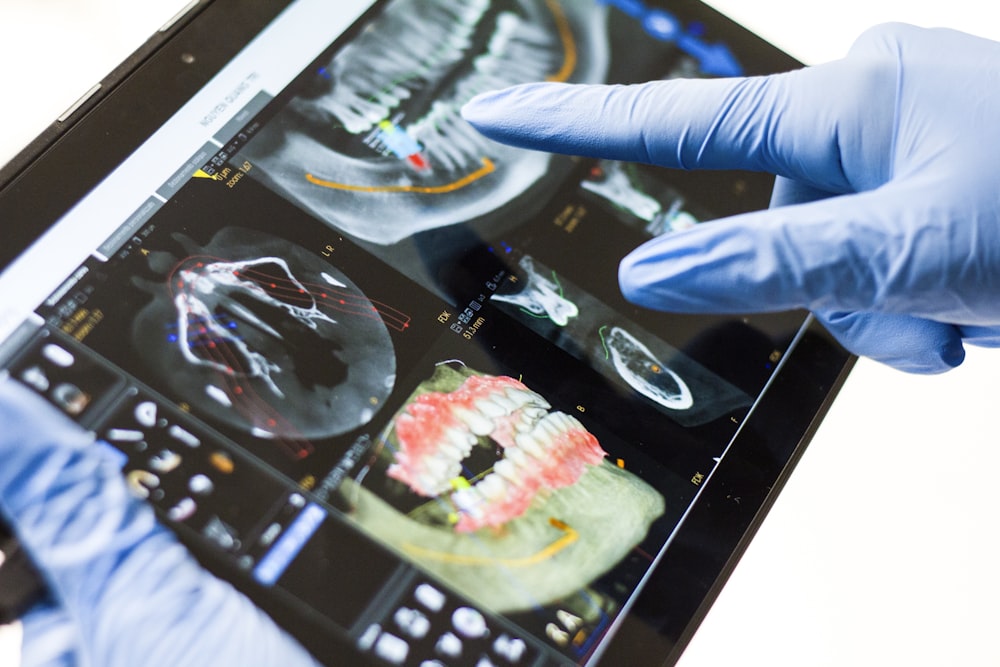Advanced Techniques for Perfecting Your Dental Hygiene
Maintaining excellent dental hygiene is essential for overall health and well-being. With advancements in dental care techniques, achieving optimal oral health is more achievable than ever. Let’s delve into some advanced strategies for perfecting your dental hygiene.
Understanding the Importance of Regular Dental Checkups
Regular dental checkups are the cornerstone of preventive dental care. These appointments allow your dentist to detect any potential issues early on and address them before they escalate into more significant problems. From thorough cleanings to comprehensive examinations, regular checkups ensure that your oral health remains in top condition.
Mastering the Art of Proper Brushing and Flossing Techniques
Brushing and flossing may seem like simple tasks, but mastering the proper techniques can make a significant difference in your oral hygiene routine. Using a soft-bristled toothbrush and fluoride toothpaste, brush your teeth at least twice a day, paying close attention to all surfaces. Flossing once a day removes plaque and debris from between teeth and along the gumline, preventing cavities and gum disease.
Exploring Modern Innovations in Dental Technology
Advancements in dental technology have revolutionized the way oral health care is delivered. From digital X-rays that reduce radiation exposure to intraoral cameras that provide a detailed view of your mouth, modern innovations enhance the accuracy and efficiency of dental treatments. Laser dentistry, for example, allows for precise and minimally invasive procedures, reducing discomfort and recovery time for patients.
Preventive Measures for Common Dental Problems
Prevention is always better than treatment when it comes to dental health. By adopting preventive measures, you can minimize the risk of common dental problems such as cavities, gum disease, and tooth decay. This includes maintaining a balanced diet, limiting sugary and acidic foods, and avoiding harmful habits like smoking. Additionally, using fluoride mouthwash and dental sealants can provide extra protection against tooth decay.
Enhancing Dental Care with Natural Remedies
In addition to traditional dental care practices, many people are turning to natural remedies to enhance their oral health. Oil pulling, for example, involves swishing oil around in your mouth to remove bacteria and improve gum health. Similarly, herbal remedies like clove oil and aloe vera gel have antimicrobial properties that can help alleviate toothaches and soothe gum inflammation. While these natural remedies can complement your dental hygiene routine, it’s essential to consult with your dentist before incorporating them into your regimen.
Navigating Oral Care During Pregnancy: Tips for Expecting Mothers
Pregnancy can bring about changes in oral health due to hormonal fluctuations and increased susceptibility to gum disease. Expecting mothers should prioritize dental care during pregnancy by scheduling regular checkups and cleanings. It’s also crucial to maintain good oral hygiene habits at home, including brushing, flossing, and using fluoridated toothpaste. While some dental treatments may be postponed until after delivery, routine care is essential for both maternal and fetal health.
Addressing Common Misconceptions About Orthodontic Care
Orthodontic treatment is often associated with adolescents wearing metal braces, but modern orthodontics offers a range of options for patients of all ages. From clear aligners to lingual braces, there are discreet and comfortable alternatives to traditional braces. Additionally, orthodontic treatment isn’t just about aesthetics—it also corrects bite misalignments and prevents long-term dental problems. By addressing common misconceptions, more people can explore orthodontic options to achieve a straighter and healthier smile.
Creating Healthy Habits for Lifelong Oral Wellness
Establishing healthy habits from a young age sets the foundation for lifelong oral wellness. Encourage children to brush and floss regularly, limit sugary snacks and beverages, and visit the dentist for routine checkups. As adults, maintaining these habits and prioritizing preventive care can help prevent dental problems and preserve oral health as we age. By making oral hygiene a priority at every stage of life, we can enjoy healthy smiles for years to come.
The Link Between Oral Health and Heart Disease
Emerging research suggests a significant link between oral health and heart disease. Poor oral hygiene can lead to gum disease, allowing bacteria to enter the bloodstream and potentially contribute to cardiovascular problems. By taking care of your teeth and gums, you’re not only protecting your smile but also supporting your heart health. Maintaining good oral hygiene habits and seeking prompt dental care can play a crucial role in reducing the risk of heart disease.
Pediatric Dental Care: Setting the Foundation for Healthy Smiles
Early childhood is a critical time for dental development, making pediatric dental care essential for setting the foundation for healthy smiles. Pediatric dentists specialize in caring for children’s oral health needs, from infancy through adolescence. By introducing children to dental care early on and making visits to the dentist positive experiences, parents can instill lifelong habits that promote optimal oral health. Regular checkups, fluoride treatments, and dental sealants are all vital components of pediatric dental care that contribute to healthy smiles for years to come. Read more about dental care most




